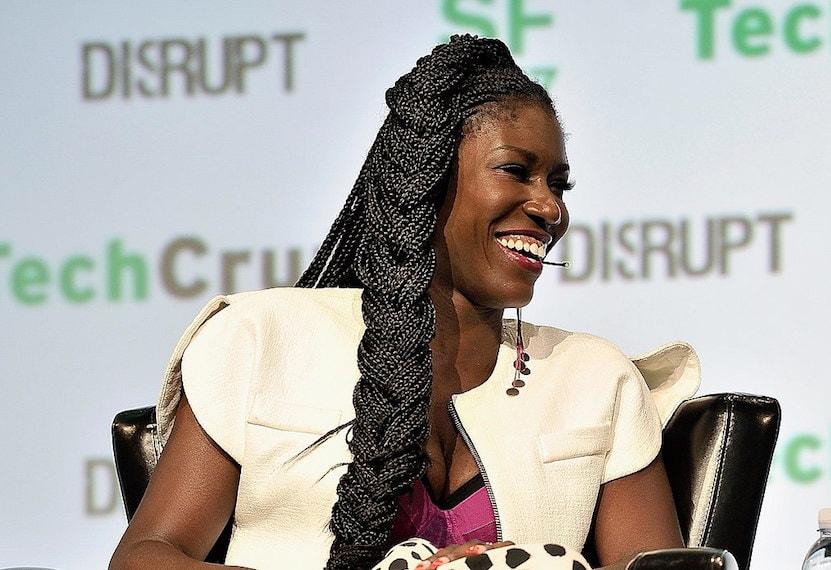
Industry Heavyweights Launch Crowdsourcing Platform Ureeka For ‘New Majority’ Business Owners
April 2, 2020
The ParentPreneur Foundation: Nonprofit Launches To Support Parent Entrepreneurs
April 9, 2020For startups and entrepreneurs using a non-disclosure agreement (NDA) is one strategy to help manage and legally protect confidential information. An NDA is a type of contractual arrangement that defines the scope and limits of intellectual property (IP) shared between two parties. The following is a list of considerations to ponder when potentially entering into an NDA.
- What is the scope of the information to be shared? The information shared is assumed to be proprietary to you and desired to be kept confidential. It may be helpful to define the general description of the Confidential/Proprietary information to be shared. Confidential Information can be a term that is explicitly defined in a Definition/Glossary section of the NDA.
(One caveat about trade secrets) Trade secrets are proprietary intellectual property that has a tangible business advantage for your company. However, trade secrets might not be protected by patent, copyright, and trademark laws. Trade secrets have a perpetual (i.e. infinite) term of protection, meaning that the party receiving the trade secret is also bound to maintain the confidentiality of the trade secret for that infinite term. Thus, if trade secrets are involved, explicit term limits related to those trade secrets should be addressed.
- Is the NDA mutual or unilateral? In other words, will there be a mutual exchange of information, or will one party be the only one sharing information? In the case of mutual exchange, there may need to be concessions from both parties regarding what needs to be exchanged and what is done with the data after it is exchanged. In the case of a unilateral NDA, the receiving party should also assess potential information leaks and the ability to comply with the terms of the agreement since they are taking the majority of the liabilities.
- How long does the information exchanged need to be held in confidence? In the tech space, NDAs typically run from one to two years, but it is not uncommon for the period to be longer. Ultimately, the term determination should be based on the length of time needed to assess the value of the proprietary information before being accessible to the public. Also, when the period is complete, what is expected to be done with the exchanged proprietary information? Would you require the information to be destroyed or returned?
- Who will be executing the NDA? This consideration refers more to the credentials of the other party signing the NDA. In particular, does this individual have the authority to bind their party? For example, does this person have expressed authority, implied authority, or apparent authority to bind their party? This determination would be based on the facts surrounding the interaction. It would be ideal that the person signing has express authority (i.e. they have an expressed contractual relationship giving them authority). For clarity, it may help that you ask the individual signing whether they have the ability and authority to sign.
- Be wary of templates. When dealing with an NDA (or any template form) there is no one-size-fits-all document. Templates can simplify the process because certain language and terms may be viewed as standardized. But as discussed earlier, particular attention must be paid to the type of information that will be disclosed. Further, in some templates, there may be cancellation or negation statements with respect to certain types of proprietary information. Thus, at the very least, a template should be tailored to your business goals and limitations. Regarding limitations, it may useful to consider the following: venue (which state), choice-of-laws (which state’s laws), and potential litigation costs. For example, could you afford to pursue litigation or arbitration out of your state in the event that the NDA is breached?
- Bonus consideration: Think about your audience. Even though you desire an NDA to be a part of negotiations, the receiving party may not always want to deal with an NDA. You must consider how important using an NDA is in reaching your next business goal. For example, certain venture capitalists or angel investors may not sign an NDA because of certain restrictions in the NDA. The NDA may limit the receiving party from dealing with information in the same tech space. This would be too restrictive on the venture capitalist who may invest in similar technologies. A way to navigate this uncertainty is to identify whether the proprietary information is protectable by some other means, such as a patent or copyright, prior to entering into these negotiations.
Hopefully, these few considerations will help with deciding how to structure your NDA. As with any contract, you want to keep in mind: 1) what are the responsibilities and/or liabilities you will be taking on and 2) what at the ramifications if you breach those responsibilities.
Gaylon Hollis is an IP attorney, helping his clients procure IP rights in the areas of patents, trademarks, and copyrights. Follow Follow Gaylon on Twitter @IPLawProfessor








